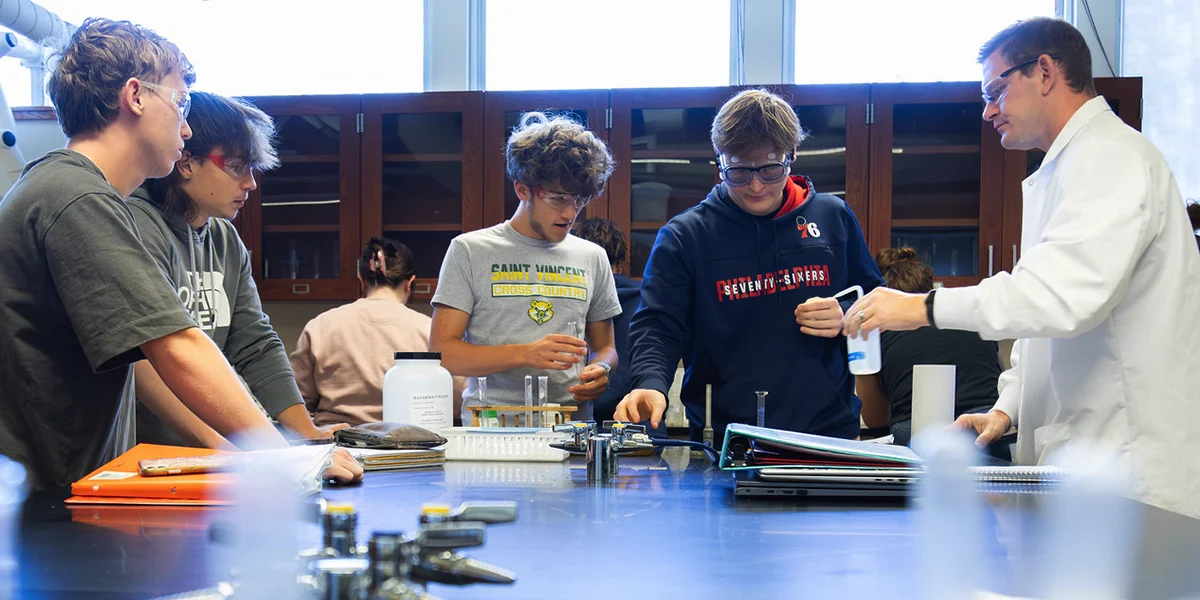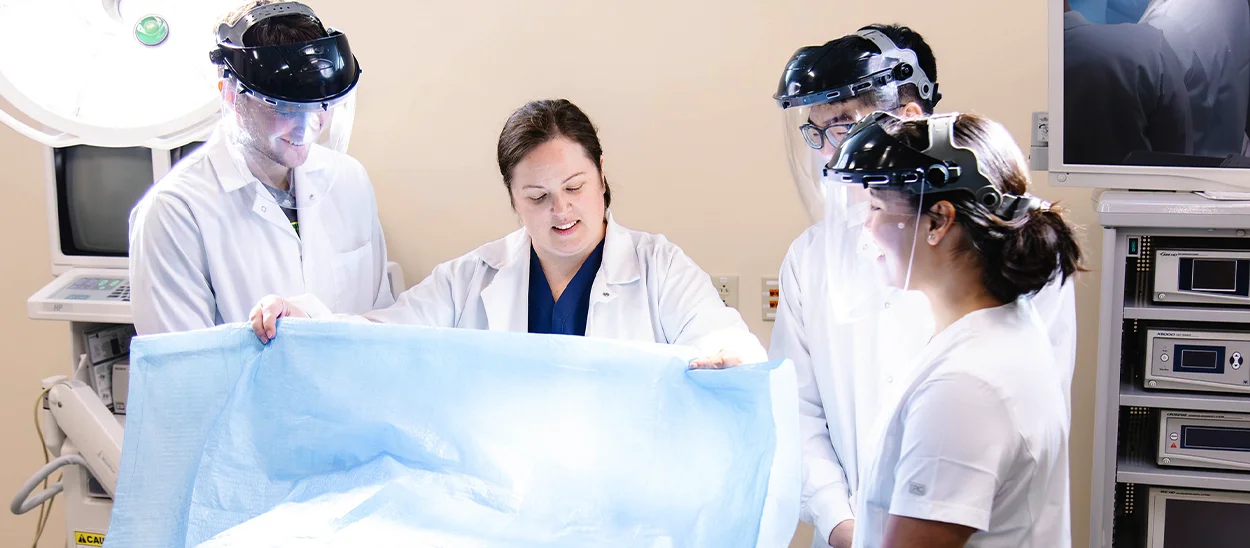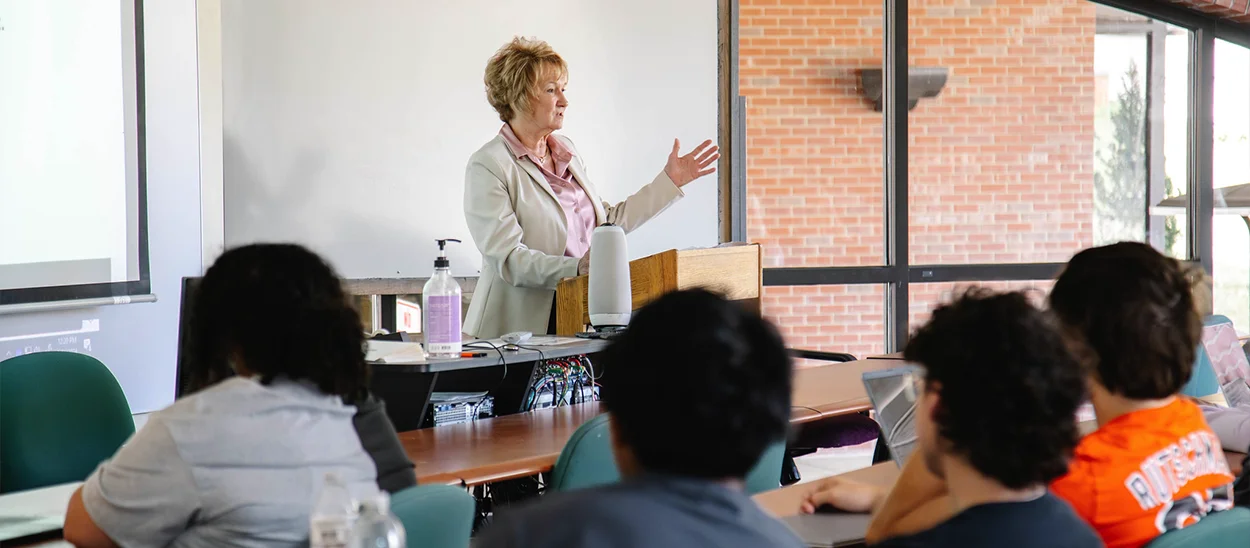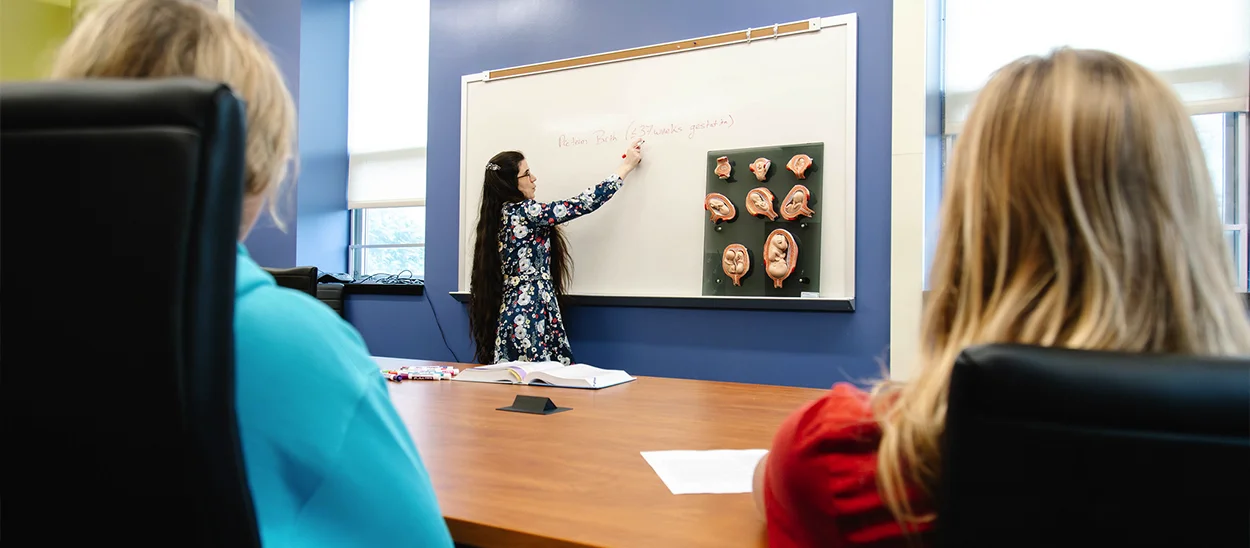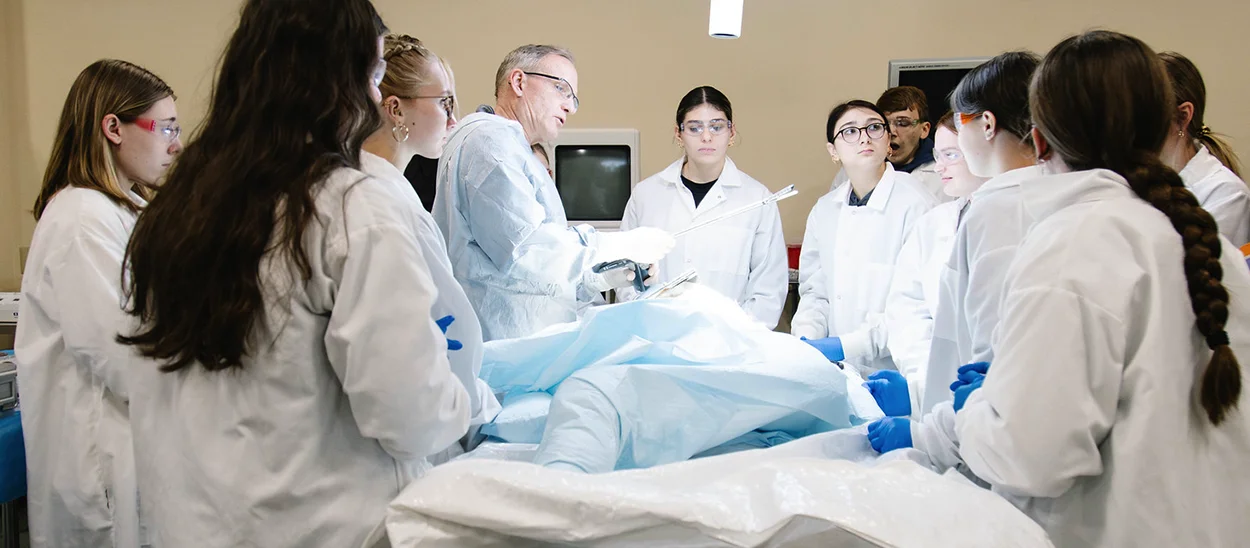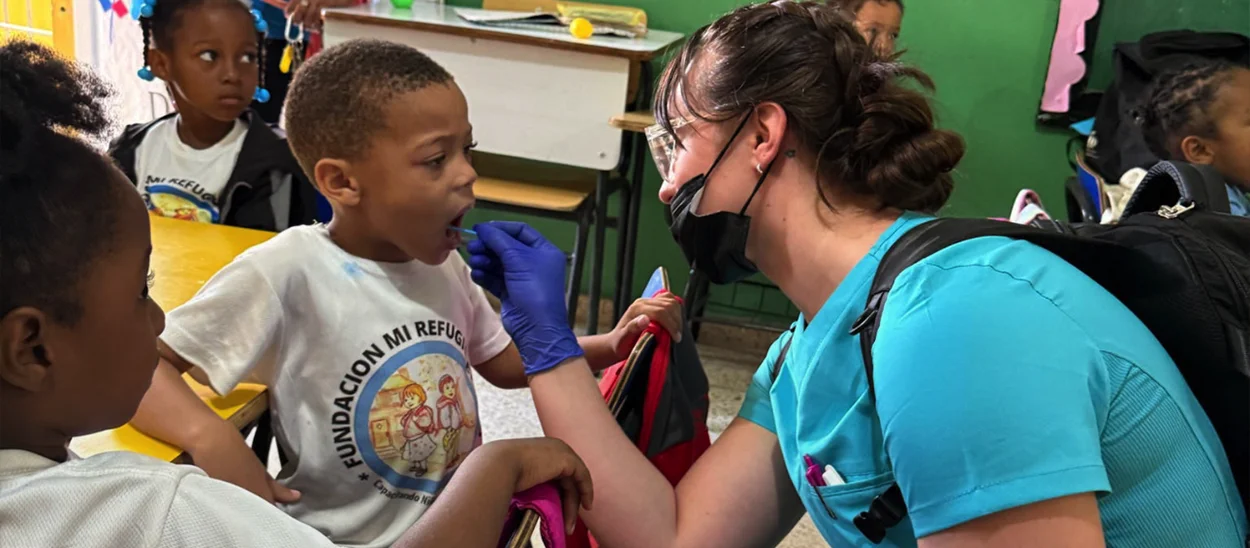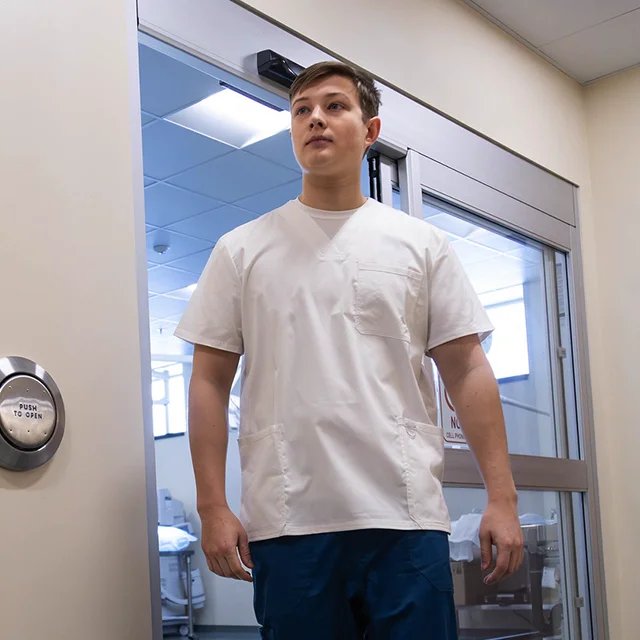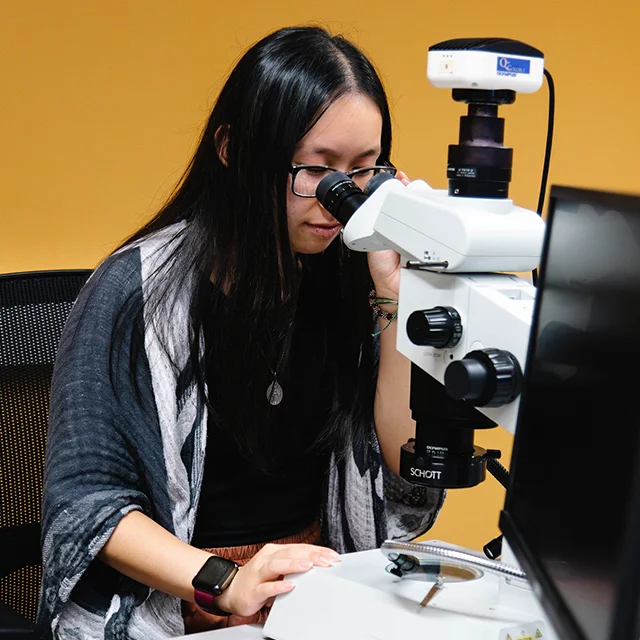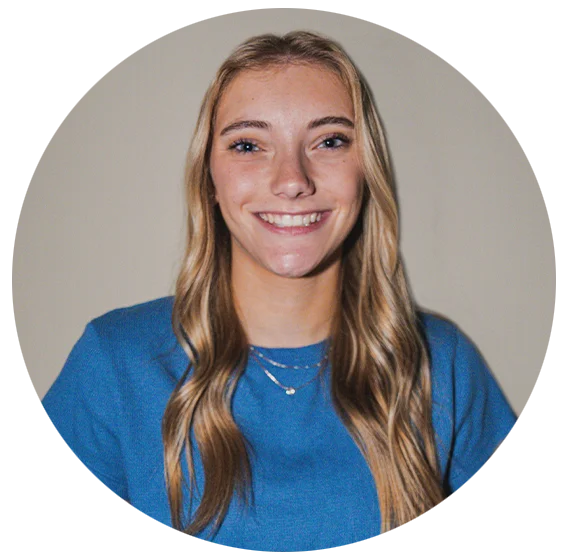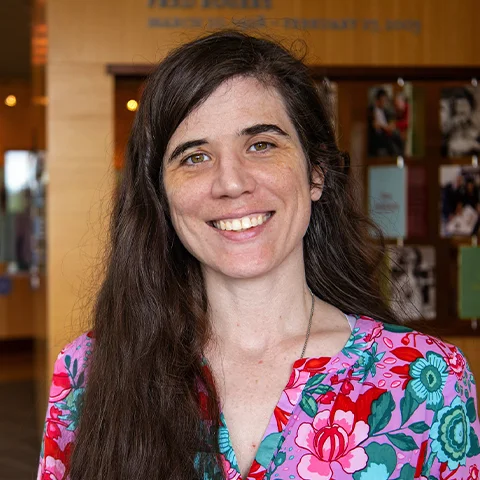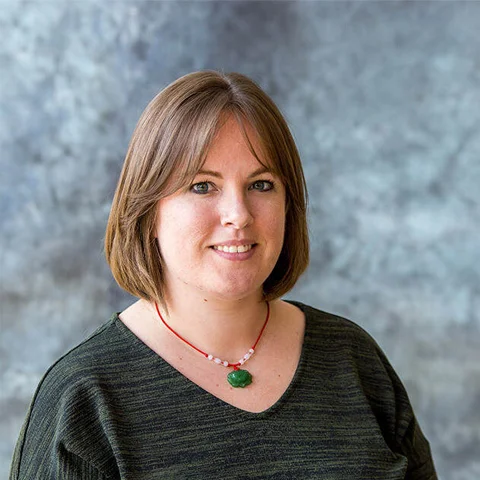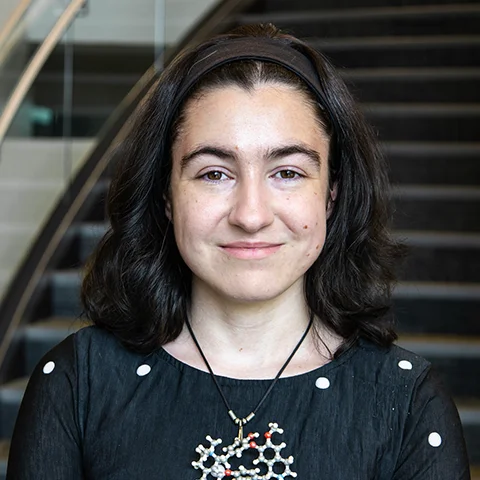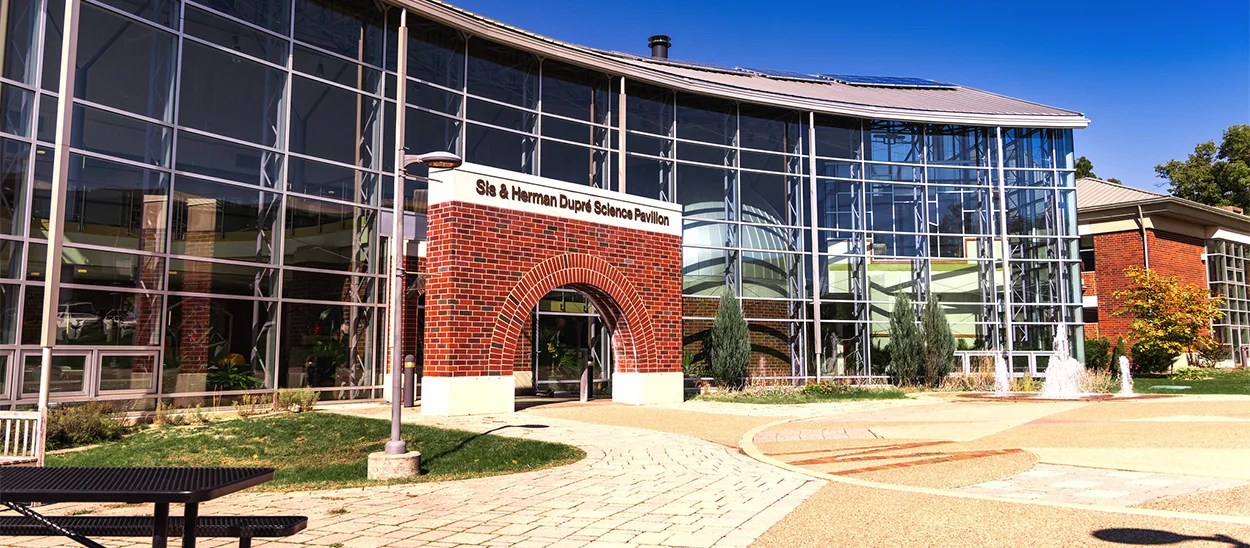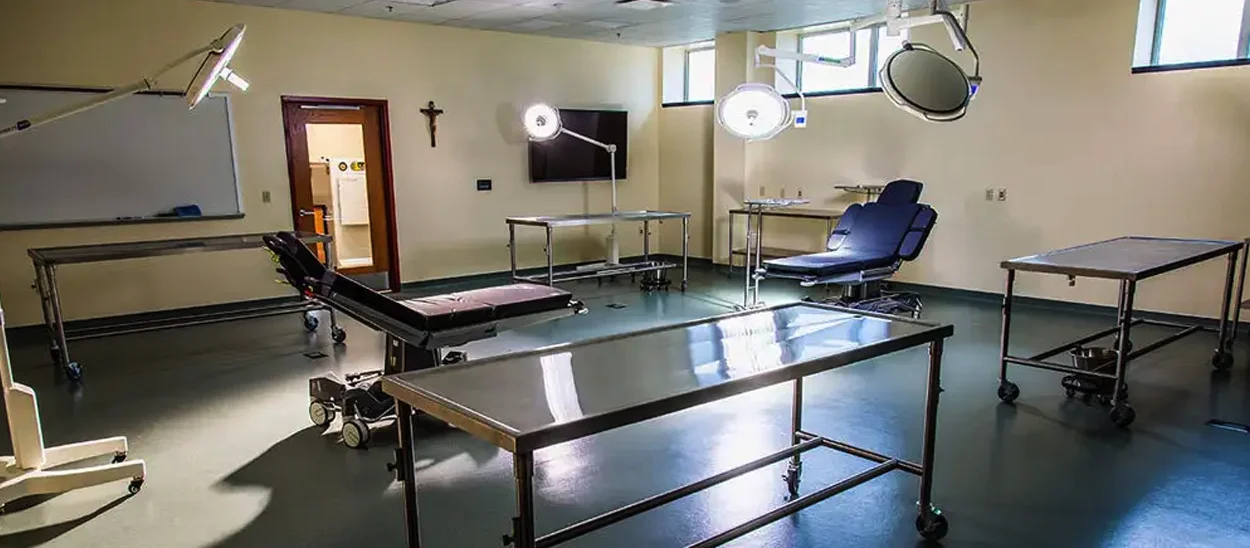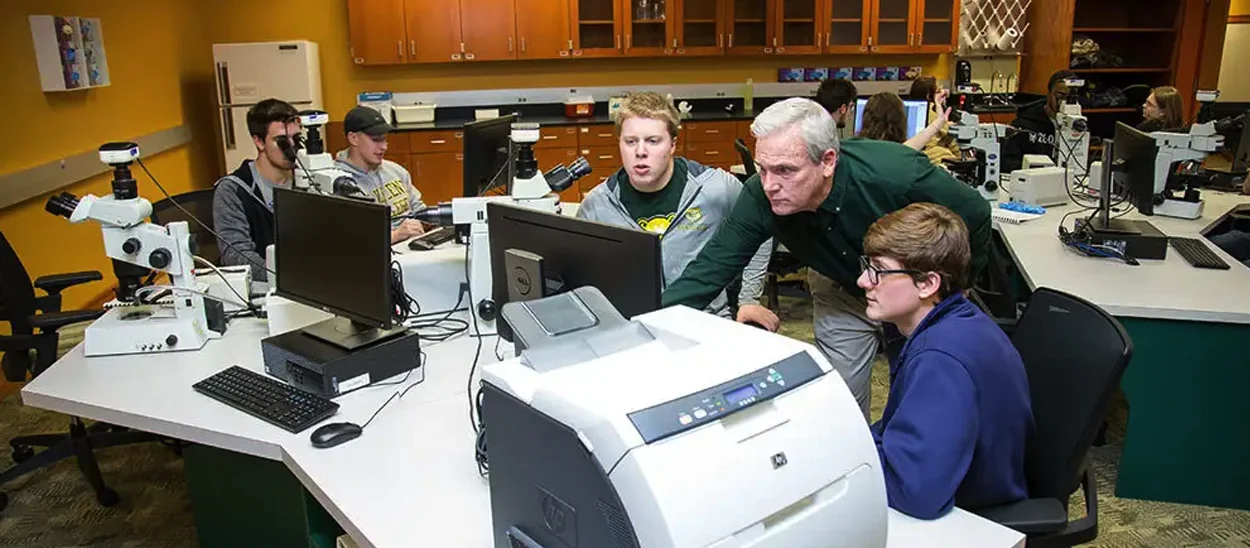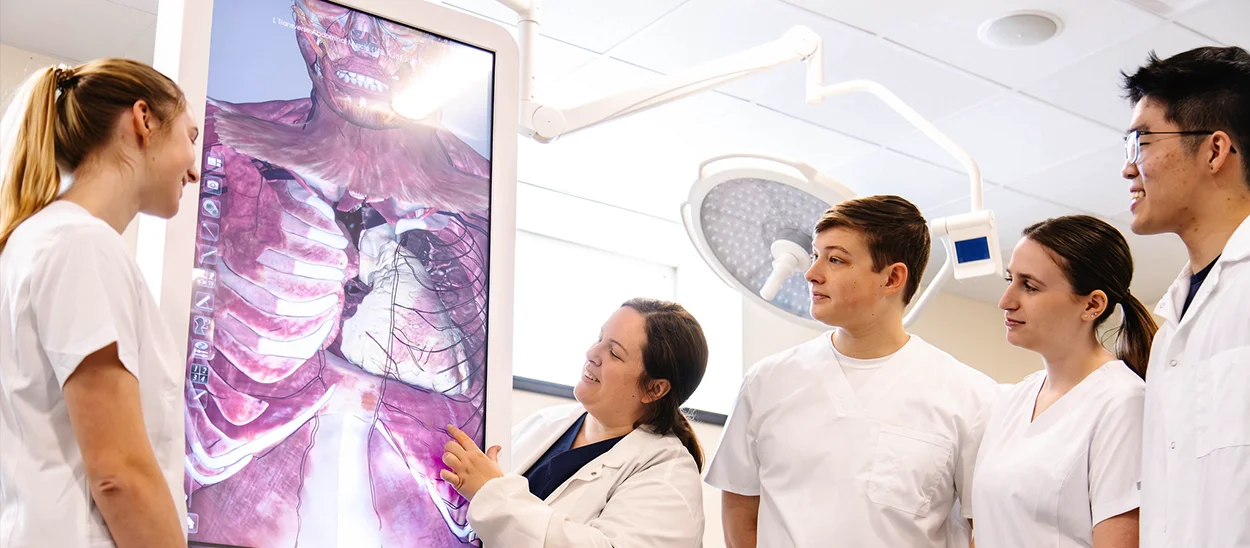Saint Vincent College Health Science majors are prepared to enter graduate or professional schools.
Approximately 40% of Health Science majors apply to graduate or professional schools. Health Science majors have a 100% acceptance rate to graduate/professional schools, as self-reported in exit surveys from graduating classes of 2022-2025. These include acceptances at the following schools.
Master's in Nursing
- Carlow University
- LaRoche University
- Penn West
- UPMC Shadyside
Occupational Therapy:
- Chatham University
Pharmacy:
- Duquesne University
- Lake Erie College of Osteopathic Medicine
- University of Pittsburgh
- University of South Carolina
Physician’s Assistant:
- Chatham University
- Bowling Green University
- Carlow University
- Chatham University
- Duquesne University
- Gannon University
- Plymouth State University
- Saint Francis University
- Saint John’s University
- Seton Hill University
- Slippery Rock University
- University of Maryland – Baltimore County
- University of Pittsburgh
- Washington University School of Medicine

